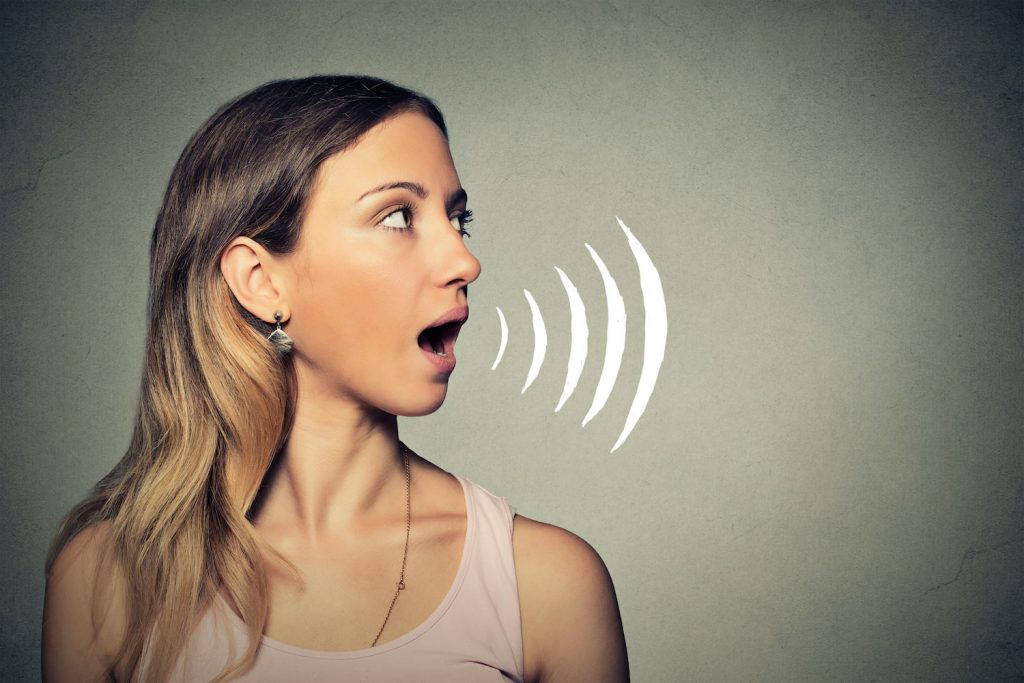Have you noticed recent changes in your voice? Your friends and family may ask you to repeat because they couldn't understand what you were trying to say.

A voice disorder involves a change in quality, tone, pitch, and loudness that does not meet an individual’s communicative needs. Our voice is produced with the expansion and deflation of our lungs pushing the air through our vocal folds, causing them to vibrate. As the air passes through the vocal folds, the shape of our vocal tract (mouth, teeth, nose, tongue, jaw, and lips) varies the consonant and vowel productions to create words for speech. Voice disorders often involve a disruption in one of these processes. It is common for individuals with voice disorders to express frustration with how friends and family perceive their vocal quality.
Possible causes of these symptoms are not limited to but include: vocal nodules, progressive neurodegenerative disease (e.g. Parkinson’s), laryngeal cancer, dysphonia, presbyphonia, vocal fold paresis/paralysis, and vocal abuse/misuse.
Symptoms of Voice Disorders:
- Hoarseness
- Breathiness
- Strangled quality (vocal strain)
- Feeling of loss of breath when talking (fatigue)
- Pain when Talking
- Slurred or mumbled speech
- Decreased rate of speech
- Abnormal Pitch (e.g. pitch breaks)
- Abnormal Resonance (hypernasal, hyponasal)
- Gurgly/wet vocal quality
- Increased vocal effort when talking
- Tremors when talking
- Frequent coughing or throat clearing
- Short rushes of speech
If you notice any of the symptoms listed above, you or your loved one may benefit from a comprehensive voice evaluation to determine if you can benefit from voice therapy services.
